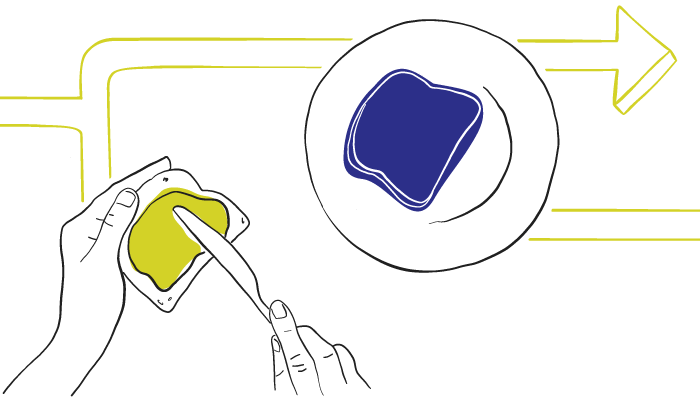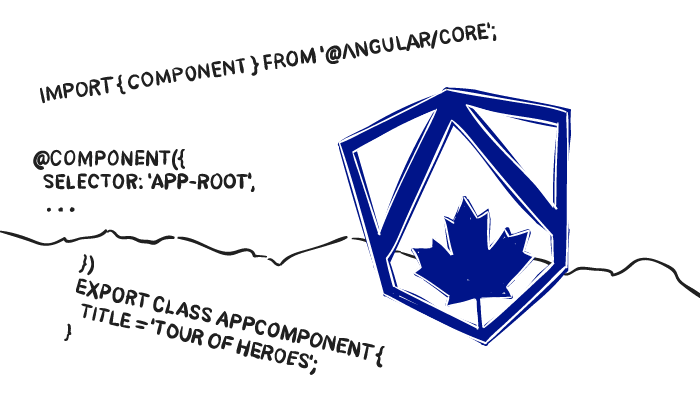

Why Conferences Matter: Lessons Learned at JSConf US 2015
Why Conferences Matter: Lessons Learned at JSConf US 2015
As an outsider looking in, it can be hard to understand why someone would want to attend a conference - hanging out with 599 nerds for three days for $XXX (or $X,XXX)? Maybe not appealing upfront, but drawing from my recent experience at JSConf, I’d like to provide reasons for why I think conferences matter, and why you and the people close to you should be attending them.
The highlights:
- Conferences build community
- They are rejuvenating
- They are a great place to learn
- Most importantly, they are a great place to get excited about your craft
They build community
Talking to your peers about common issues and triumphs is cathartic. I had a moment on the final day of the conference, while sitting with a table full of web developers, where I had to say out loud: “It feels so good to be able to talk about this kind of thing with people who really understand me.” And it does. These are people who do what you do and are interested in what you’re interested in, otherwise they wouldn’t be at this conference! After swapping stories, you often get on Twitter or shared Slack channels and continue the conversation. Sometimes new projects and collaborations come out of it, and suddenly people are working across the continent, and sometimes across the globe, on interesting things.
The best places to build community, I found, were not while at a presentation. They were out in the hallways, or especially around the breakfast/lunch/supper tables each day. Food and drink are a great way to get people to open up and communicate, and there is often plenty of these at most conferences.
They are rejuvenating
As much as you love something, it is still possible (and sometimes easy) to fall into a rut. You might end up doing the same tasks in slightly different ways and letting things get a bit stale. Conferences are a great way to try and inject some life into your passion and get it moving in the right direction again. Maybe it’s an interesting technique for performing DOM transformations, or maybe it’s just a new way to deploy your applications; it might be exactly what you need to reignite that spark that drew you to it in the first place.
Hopefully your conference is in a location you’ve either never been to, or would like to return to. JSConf was at a resort outside of Jacksonville, Florida, and as you can probably imagine, it was very relaxing. I was lucky enough to have my wife travel with me, and after a stressful week leading up to the conference, it was nice to take in some sun together. Not all conferences are at resorts, but hopefully the atmosphere at the conference you attend will be conducive to a relaxing experience.
They are a great place to learn
Most conferences have a training track of some kind, which are a great way to learn directly from the people who are enthusiasts in the subject they’re teaching. This is one of the coolest things you can do at a conference. The main tracks can be quite good for learning new things as well, though they have less time to cover subjects in-depth.
In addition to all of this, there are the aforementioned 599 other nerds attending the conference with you, and they’re also excellent resources to learn from. I learned a few interesting things just by listening to my fellow attendees:
- Ansible: a great way to deploy and maintain your applications (according to Kevin Old). Make “playbooks” with all of your deployment and maintenance tasks and then just setup the keys you need to connect to the various services. I haven’t tried this out yet, but I plan to soon (famous last words).
- AngularJS: There were an incredible number of web developers using Angular at JSConf, which is a JavaScript framework developed by Google. Version 1 has been out for a while, but version 2 is on its way, so if you aren’t using it yet, most web developers (myself included) would tell you to wait until version 2 if you can. I don’t really like Angular because I find it’s very heavy, and I’m not a huge fan of how many weird properties you have to inject into your HTML markup in .html files (as opposed to using .jsx for something React, where it will transpile to raw JavaScript), but it was definitely a well-used and much-discussed technology at JSConf!
- ReactJS: React hasn’t been around quite as long as Angular, and it does a lot of things differently that people find hard to accept, but I think this view framework is the way of the future. And it is just that, a view framework. You could (maybe?) use it for your view rendering in an Angular app if you wanted. There were a lot of people using React at JSConf as well, which was really nice to see, and as a huge fan, and it was nice to talk to other users about it.
Most important, they are a great place to get excited about your craft
For me, it’s super cool just to be able to see the big players of things I’m interested in. Some of the top guns I got to see and meet:
- Sebastian McKenzie - Creator of the Babel JS transpiler
- Jafar Husain - Technical Lead at Netflix and a member of TC-39 (the committee that is in charge of how JavaScript changes and grows)
- Tom Occhino - Team Leader at Facebook, announced React Native
Being around this caliber of knowledge gets me really excited, and there were tons of up-and-comers doing very interesting work as well. Among my must-see picks from day one:
Async programming in ES2016 - Excellent primer to some new features coming in the next JavaScript releases.
(math == art && art == code) - Amazing use of JavaScript to create art in the real world, not just on the computer screen.
A memorable experience
Looking back on my time at JSConf 2015, the thing that strikes me the most is how enjoyable it was. The atmosphere of the conference was electric, and everyone was friendly and willing to chat. I learned a lot about JavaScript, and it got me excited to come back and write more of it! I made a lot of connections with other web developers around North America, and hope to continue the conversation with them over the months to come.



